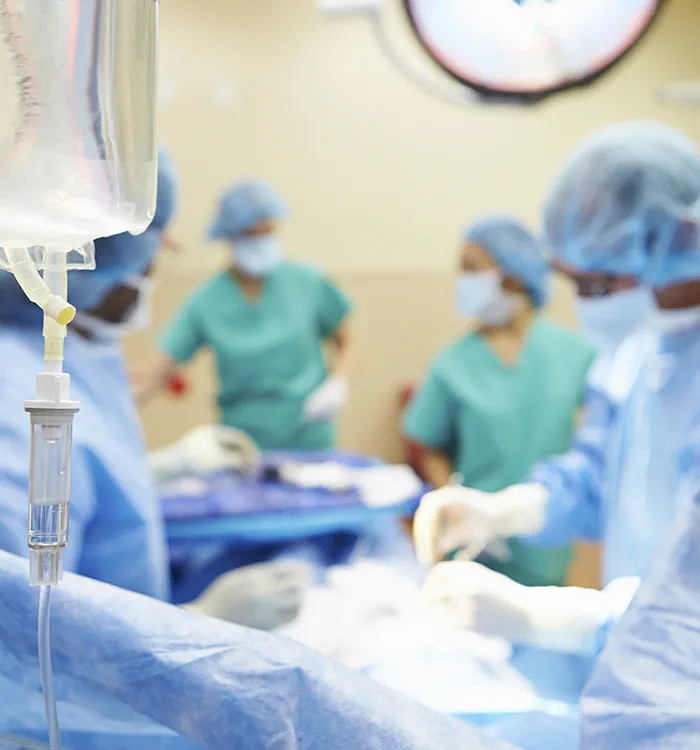
Critical care and Trauma care
Critical care and trauma care are specialized medical services that focus on the management of critically ill or injured patients who require intensive monitoring, treatment, and support. These services are provided in dedicated units known as intensive care units (ICUs) and trauma centers, staffed by multidisciplinary teams of healthcare professionals with expertise in critical care medicine, trauma surgery, emergency medicine, nursing respiratory therapy, and other specialties.
Critical care involves the comprehensive management of patients with life- threatening conditions or organ failure, such as severe infections, respiratory failure, cardiovascular emergencies, neurological crises, and post-operative complications. The goal of critical care is to stabilize and support vital functions, prevent further deterioration, and facilitate recovery.
Key components of critical care include:
1. Continuous monitoring: Patients in critical care are closely monitored using advanced technology to assess vital signs, oxygenation, cardiac function, neurological status, and other parameters.
2. Life support: Critical care teams are trained to provide advanced life support measures, including mechanical ventilation, hemodynamic monitoring, cardiac pacing, and renal replacement therapy (such as dialysis)
3. Multimodal therapies: Patients in critical care may require a combinationof medical therapies, procedures, and interventions tailored to their specific needs, such as administering medications, performing procedures (eg. intubation, central line placement), and managing complications.
4. Comprehensive management: Critical care teams coordinate the care of patients with complex medical and surgical conditions, collaborating with other specialists to optimize treatment strategies and outcomes.
Trauma care focuses on the rapid assessment, resuscitation, and definitive treatment of patients with traumatic injuries, such as those resulting from motor vehicle accidents, falls, gunshot wounds, and blunt or penetrating trauma. Trauma centers are equipped with specialized resources and expertise to provide timely and comprehensive care to trauma patients, following established protocols and guidelines to improve outcomes.
Key components of trauma care include:
1. Trauma triage: Rapid assessment and prioritization of patients based on the severity of injuries, ensuring that those with life-threatening injuries receive immediate attention and interventions.
2. Resuscitation: Prompt initiation of resuscitative measures to stabilize vital signs, control bleeding, maintain airway patency, and support circulation and oxygenation.
3. Definitive care: Timely and appropriate surgical interventions, radiological procedures, and critical care management to address traumatic injuries and prevent complications.
4 . Rehabilitation and follow-up: Comprehensive rehabilitation services and follow-up care to optimize recovery and functional outcomes for trauma. survivors.
Critical care and trauma care are dynamic and evolving fields, characterized by continuous advancements in technology, treatment modalities, and evidence-based practices. Interdisciplinary collaboration, teamwork, and ongoing training and education are essential for delivering high-quality care to critically ill and injured patients.